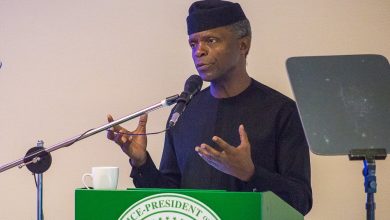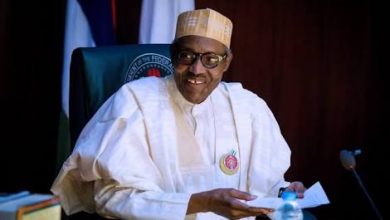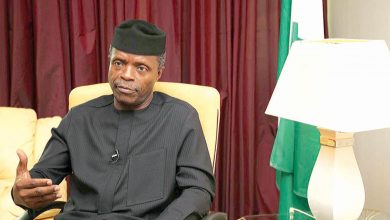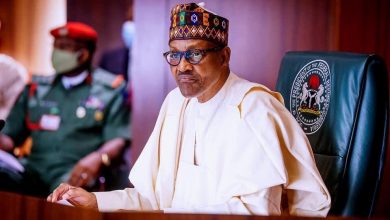News
As Buhari Delivers Legacy Projects With Meagre Earnings
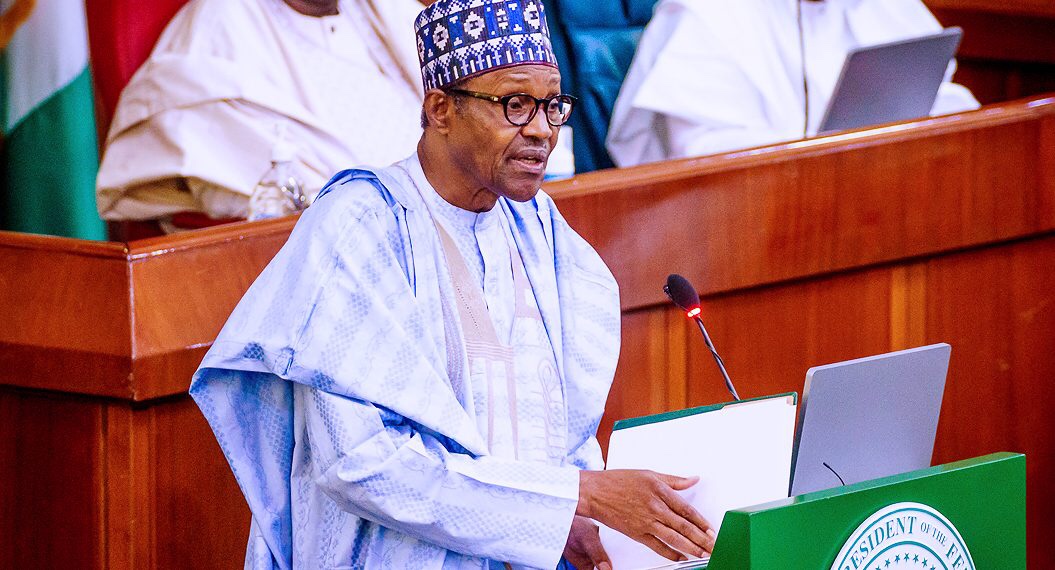
By Chukwudi Enekwechi, JP
Recently the Nigeria Extractive Industries Transparency Initiative NEITI released a 10-year report on the country’s oil earnings amounting to $418.54bn out of which $300bn was earned under the administrations of the opposition Peoples Democratic Party, while $100bn accrued over a five year period under the Buhari administration. It is worthy of note that the country’s crude oil sales amounted to $300bn between 2010 and 2015 and the highest was $68.44bn recorded in 2011, yet this humongous resources were frittered away under the past PDP administrations.
Now, it needs to be stated without any iota of doubt that while the PDP administrations revelled in financial profligacy as no tangible projects can be seen dotting the Nigerian landscape. The President Muhammadu Buhari administration had from the onset assured Nigerians that the survival of the country was dependent on reviving the infrastructure, diversifying the economy and prudent management of scarce resources; and till today it has lived up to its billing.
For the avoidance of doubt, while the Buhari administration was hamstrung with reduction in revenue earnings as a result of several factors, chief among which was the drop in oil prices, Covid19 and the resultant inflation, the era of PDP administrations was characterised by huge inflow of oil revenue, but which unfortunately were wasted. Let me quickly state that due to the creative application of the available resources the Buhari administration was able to successfully exit Nigeria from two recessions, and today the areas where the accrued funds have been channelled include roads, railways, airports and power.
There is also testimony across the country that under the present administration, supply of power has significantly improved, whereas several billions of dollars the past PDP administrations sunk into power went down the drain.
Regrettably, despite the oil windfall, the PDP administrations still went on a borrowing spree which resulted to a debt stock of $63bn, and the question remains – how were the loans utilised as there are no legacy projects to which we can tie the funds that were realised during the PDP era?
To the credit of the President Muhammadu Buhari administration, it is easy to see that within a record time it has completed the Abuja-Kaduna rail line, Itakpe-Warri rail project which was started 33 years ago, Lagos-Ibadan rail line and substantially completed the Enugu-Port highway, Second Niger Bridge, Kaduna-Kano highway and numerous others. These feats were achieved due to the discipline and prudence that the Buhari administration brought to bear in the management of the country’s meagre resources.
To put the records straight, it is estimated that the Buhari administration made $106bn in its first term in office, while the highest oil sales accruals under it was in 2019 when it made $34.22bn, an increase of 4.88% compared to 2018 when it made$32.63bn from oil sales.
Based on information provided by the World Bank, Nigerians came to know that 112 million Nigerians or 63% of the population were living in poverty, or less than $1 a day at the peak of oil windfall under the PDP administrations. The figure has dropped to 82.9 million, and with a higher benchmark of $1.90 per day thanks to the deliberate poverty-alleviation policies and programmes of the Buhari administration.
So while the past PDP administrations revelled in wasteful application of our hard-earned oil revenues, thereby consigning a huge number of the people to biting poverty, the Buhari administration has concentrated on doing more with less through several landmark projects, diversification of sources of revenue, fight against graft, and thereby reducing the number of Nigerians living below the poverty threshold of $1 per day.
It is worthy of note that the NEITI 2019 audit report noted that the Buhari administration’s diversification is not limited to agriculture but also acknowledged the solid minerals sector, and used empirical data to show Nigeria earning about $79bn from the non- sector. Suffice it to say that this figure is the highest since 2007 that the extractive industries watchdog started to monitor the mining sector.
This significant increment means that more Nigerians are now gainfully employed and productive in the non-oil sector of the economy and this obviously adds to the country’s Gross Domestic Product, job creation and export of Made in Nigeria goods and services.


